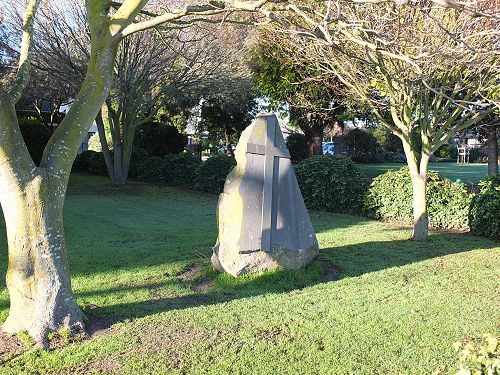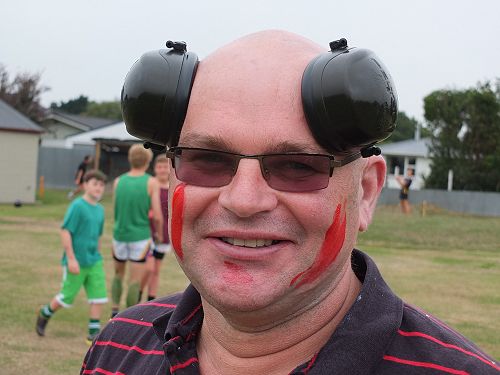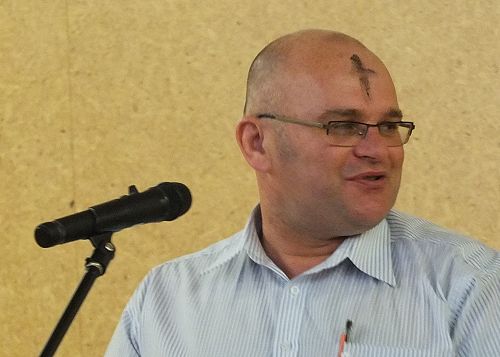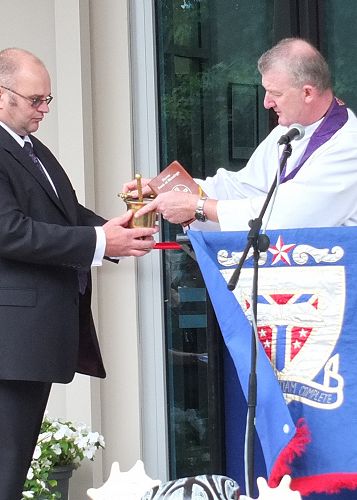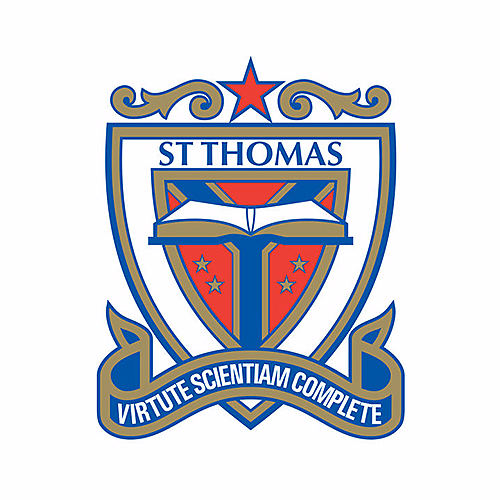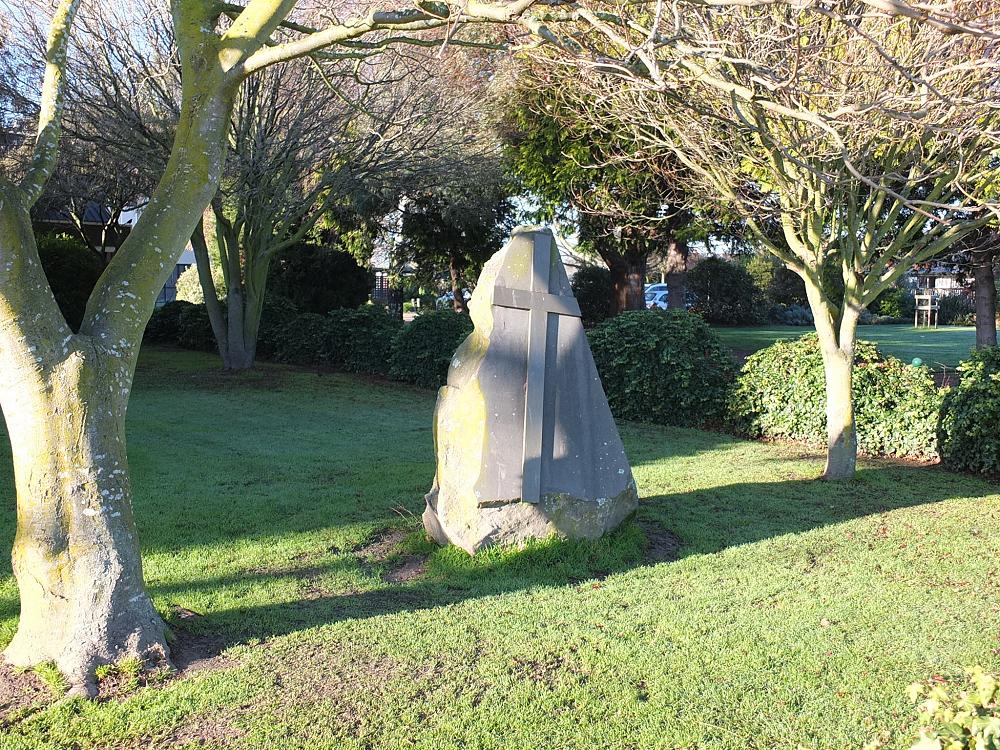
Reflections from the Deputy Principal of Identity and Innovation
It takes someone special to be an educator; a person who cares for others, and aims to help students grow and realise their potentia
Identity and Innovation
It takes someone special to be an educator; a person who cares for others, and aims to help students grow and realise their potential. The best teachers are capable, dedicated and hardworking, along with having an interest in making a substantial difference in the future of children.
The social and educational context of twenty-first century secondary and primary education in New Zealand is one of anxiety about the educational outcomes of NZ students. International testing scores such as the Programme for International Student Assessment (PISA) have shown NZ students to be slipping down the international ranking tables in comparison to those of our Asian neighbours such as Singapore and Korea, as well as other countries like Canada that New Zealanders expect to at least equal or even better (Tovey & Patty, 2013).
Societies around the world are requiring graduates from secondary and tertiary sector to be well educated and able to engage or to participate in the knowledge economy (Brown, Lauder, & Ashton, 2015; Department of Education, Science and Training, 2012; Darling-Hammond, 2013).
In such a context, the teacher, is a pivotal figure with the future in their hands. In Australia and in the United Kingdom, there has been considerable debate about teacher Professional Development and teacher education. Past and present Governments see teacher education as performing inconsistently in terms of producing teachers who can operate effectively in the current school environment (DEECD, 2012; New South Wales Department of Education and Communities [NSWDEC], 2012).
While Australia’s politicians have suggested that Australia alone is at risk of falling behind in the race for global success, a fear of losing ground in the field of education has been expressed in many other countries, as was testified in the world response to the 2013 PISA results (Organisation for Economic and Cooperative Development [OECD], 2013). This same fear has also been expressed from time to time in New Zealand.
The US experience, irrespective of the result of the current US election. (http://www.pkwy.k12.mo.us/projectParkway/File/21st_century_skills_education_and_competitiveness_guide.pdf). Economists see or believe these are the characteristics of their economy which is driven by innovation and knowledge, their marketplaces are engaged in intense competition and constant renewal. US economist along with educationalists see a world of tremendous opportunities and risks and their society is facing complex business, political, scientific, technological, health and environmental challenges. They believe diverse workplaces and communities hinge on collaborative relationships and social networking, the ingenuity, agility and skills of the American people are crucial to U.S. competitiveness.
Their ability to compete as a nation, to attract growth industries and create jobs means that a fresh approach to education is critical in this endeavour. They recognize that a 21st century education is the bedrock of competitiveness—the engine room and not simply an input, of the economy.
US State and Federal Governments believe they need to act accordingly: Every aspect of their education system—early childhood, Kindergarten – primary, secondary and adult education, after-school and youth development, workforce development and training, and teacher preparation programs must be aligned to prepare citizens with the 21st century skills they need to compete.
The 2011 OECD report (OECD, 2011) argued that the early twenty-first century was the critical time to address the issue of teacher quality because of the changing educational needs demanded by the shift to a knowledge economy and concerns around the aging teacher workforce.
The question (s) for us is; How do we as teachers and students at St Thomas of Canterbury College respond to these concerns and realities?
We need to be courageous enough to ask these questions
What will education mean in the future? What types of competencies will be needed? What kind of practices would best produce the desired education and learning? VISION
• How will change be realised in national and school cultures and in every lesson? Significance of personal vision and will. ACTION
• What kind of skills will teachers and other school staff require to be able to work to promote education and learning for the future? TEACHER EDUCATION
• How do the national curricula support the work of teachers and the school community? STANDARDS
As a Catholic School, we have had to reinterpret or reinvent our understanding of ourselves, our faith and the nature of education. We realise now the language we use in educational discourse now must transcend its own exclusive domain and engage with world.
The science of learning and the development in technologies have enabled us to think and imagine things differently. Teachers are working to design new models of learning that better prepare students for life in the 21st Century.
Teachers at St Thomas’s are not experts in technology or all-knowing, but they are experts in habits of mind. And we want our students to develop these same habits.
- To
learn from failure
- To
take risks and understand that vulnerability is not a weakness
- Embrace
change
- Step
outside their comfort zone
- To
question
- Model
resiliency and perseverance
- Ask
for help
- Believe
they can learn anything given the right attitude and effort
- Dream
big and ask “Why not?”
Sitting alongside these habits are these very important skills for students to develop
- Collaboration
- Knowledge
construction and creativity
- Self-regulation
and self-reflection
- Real
world problem-solving and innovation
- Using
ICT for learning
- Skilled
communication
Barack Obama speaking to a group of students said, “I want to start with the responsibility you have to yourself. Every single one of you has something that you're good at. Every single one of you has something to offer. And you have a responsibility to yourself to discover what that is. That's the opportunity an education can provide”. https://www.whitehouse.gov/blog/2009/09/08/a-message-hope-and-responsibility-americarsquos-students
Developing St Thomas’s as a learning community, and emphasizing the joy of learning in a collaborative atmosphere, as well as promoting student autonomy in studying and in school life – these are some of our key aims we wish to create now as we move forward into the future.
Paul Donnelly
Gallery


